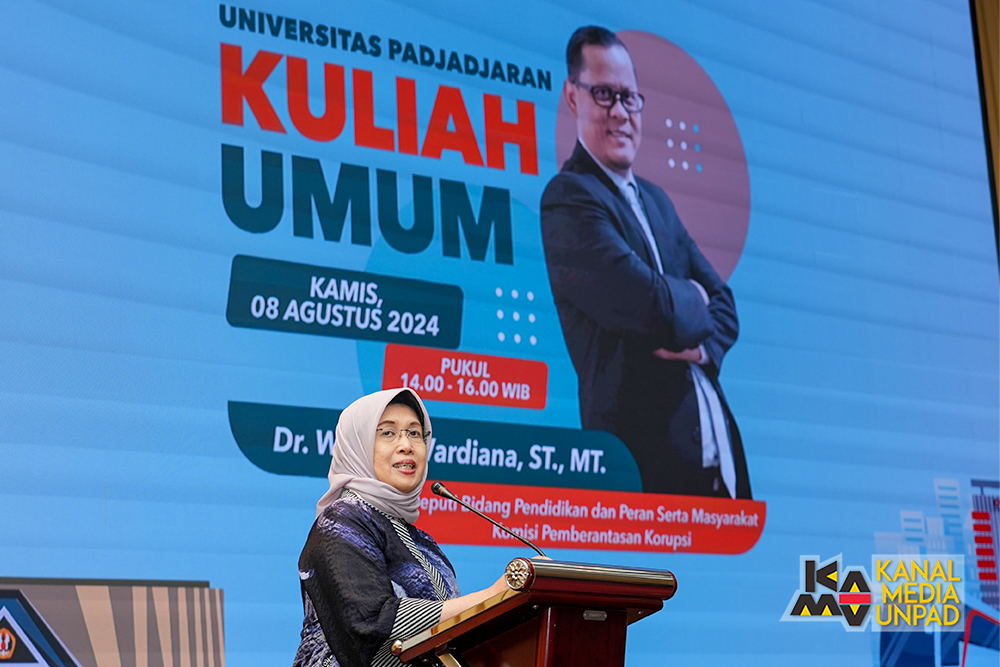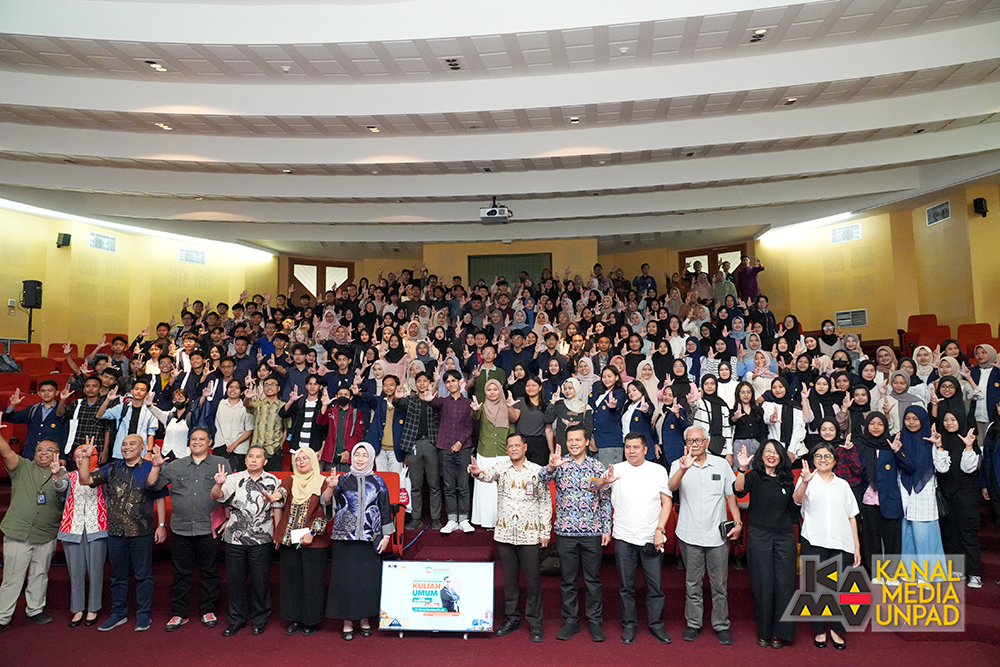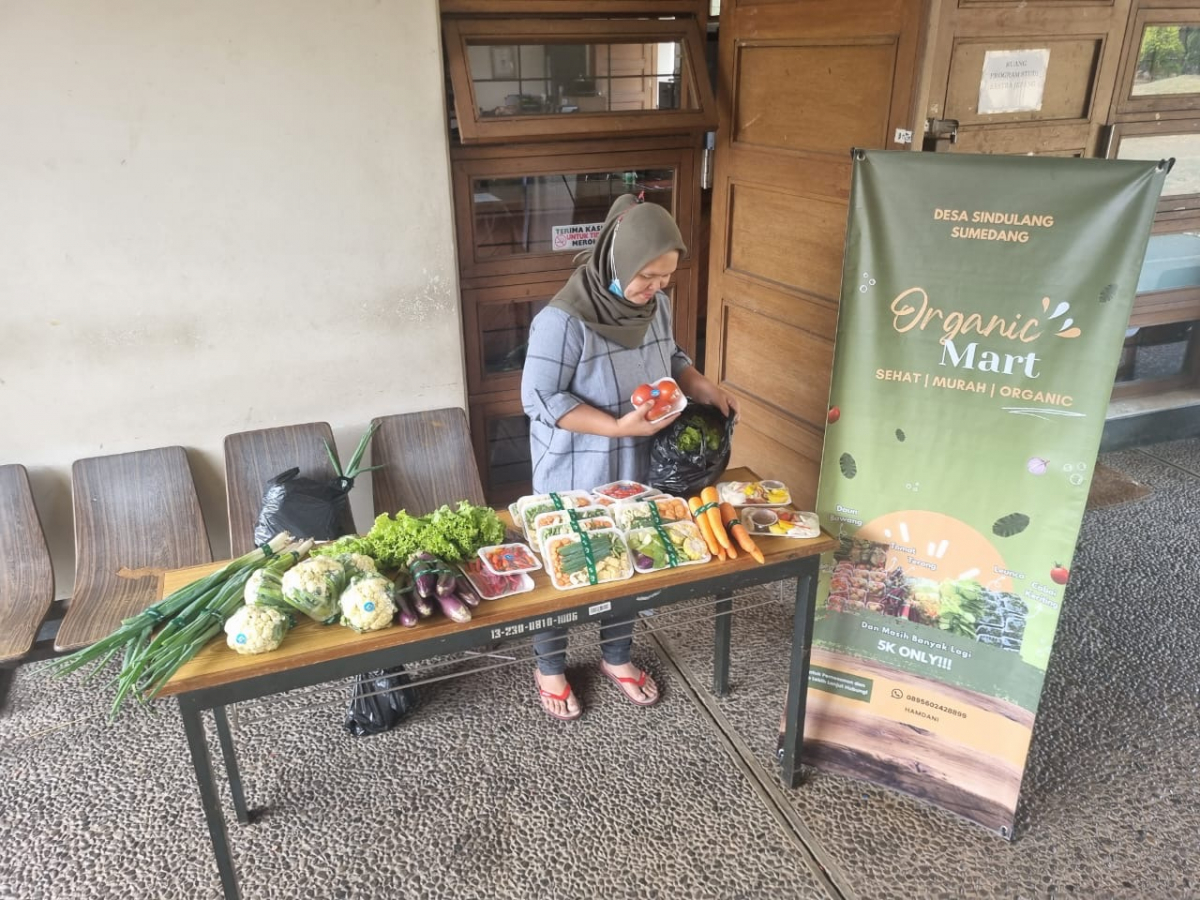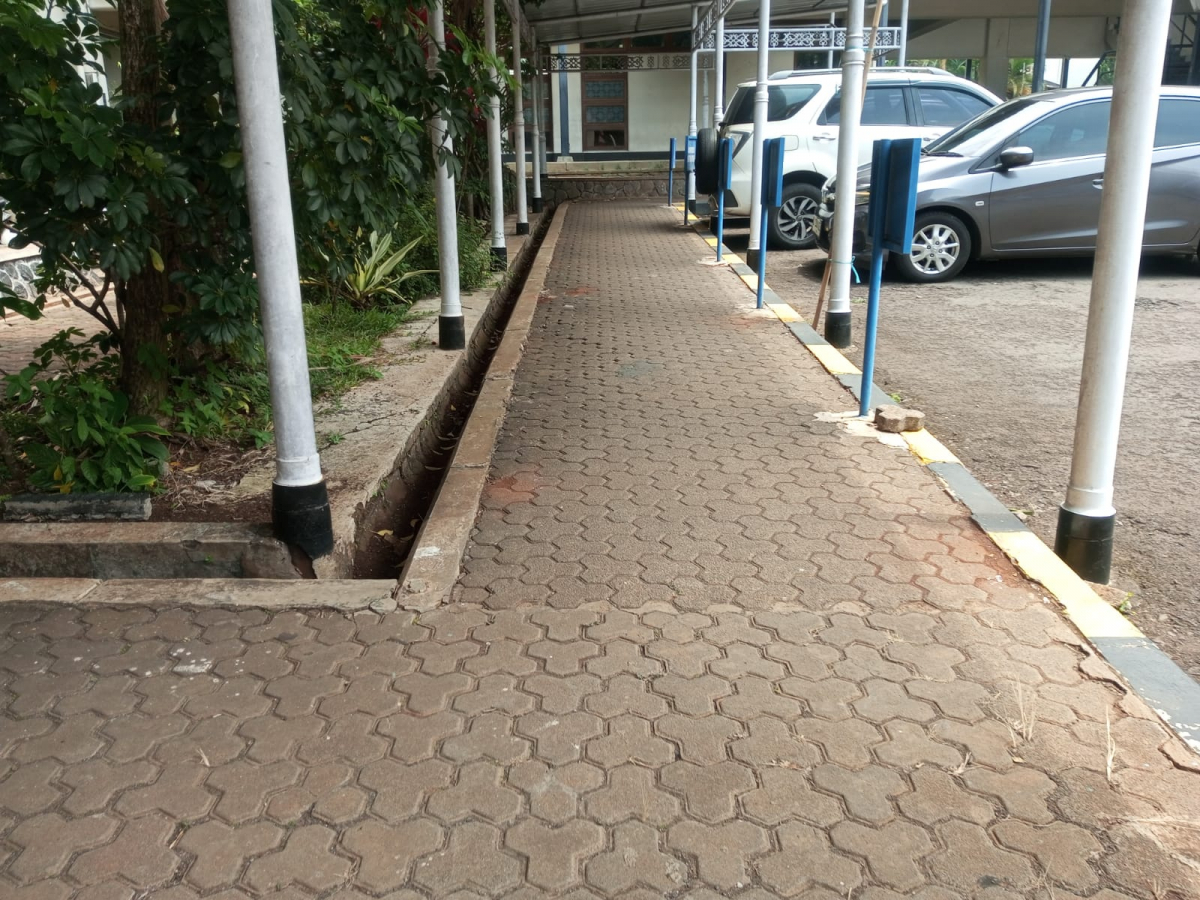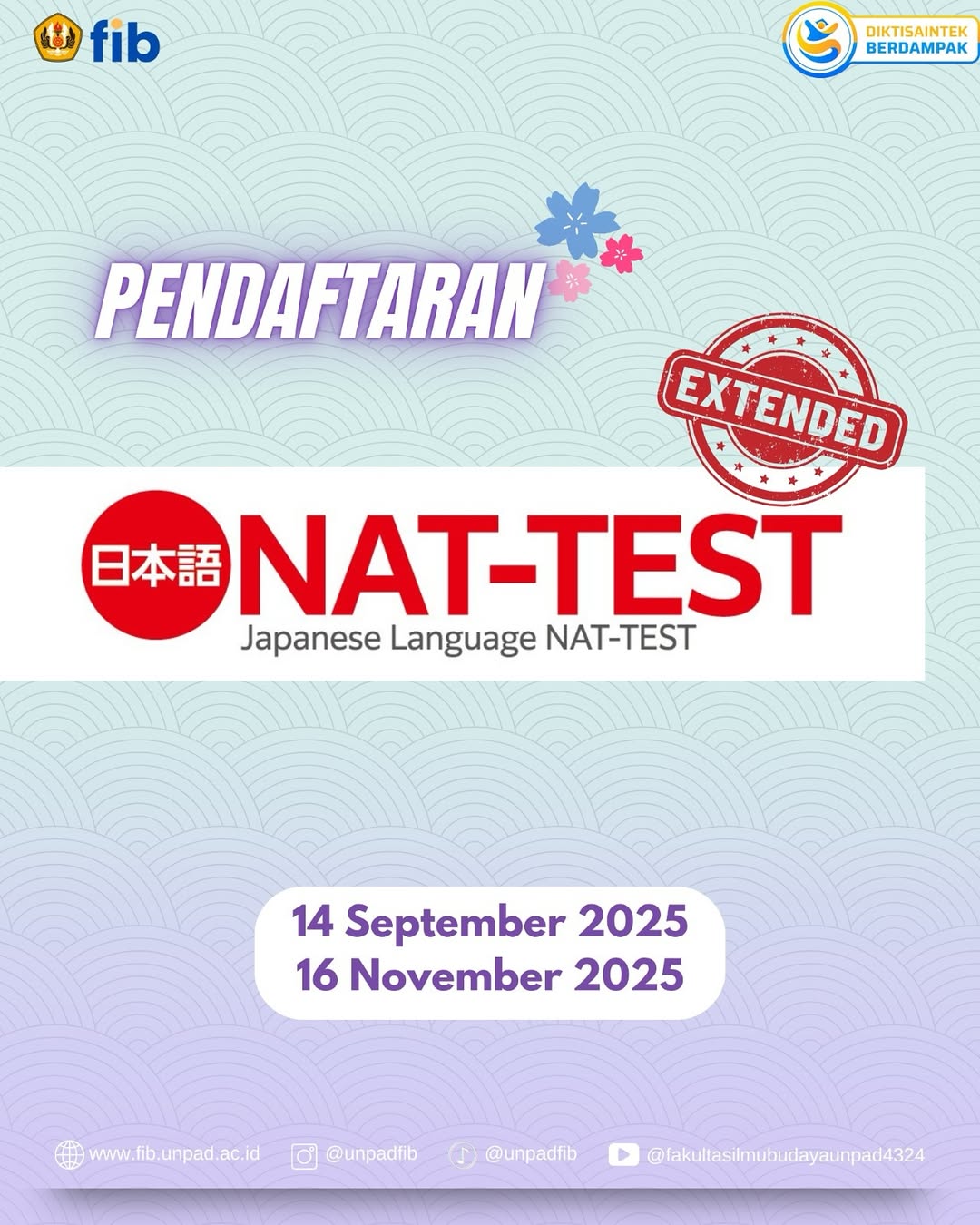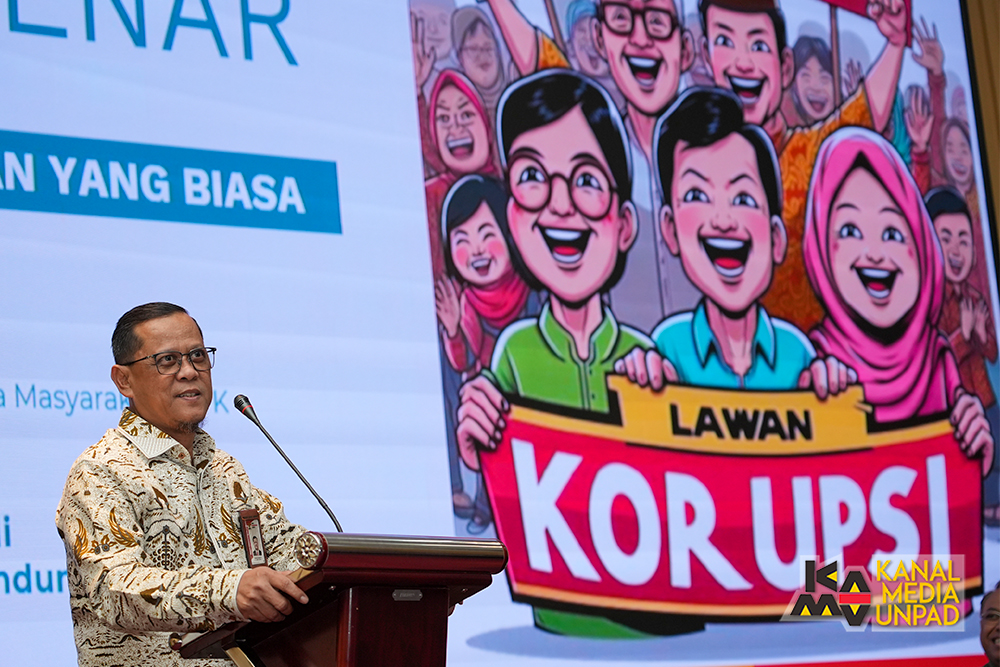
KPK Invites Unpad Community to Constantly Implement Anti-Corruption Values
Jatinangor, West Java – Corruption is a threat that often occurs anywhere. Not only related to government, corruption can also occur in the educational environment. The perpetrators also vary from various groups and backgrounds.
In efforts to prevent and eradicate corruption, students are one of the important agents. This begins with instilling anti-corruption values by starting to always comply with the law individually.
Deputy for Education and Community Participation of the Corruption Eradication Commission (KPK) RI, Wawan Wardiana said that a culture of corruption is born from corrupt practices.
“This (culture of corruption) can occur because behaviors that are corrupt are considered normal. If it is considered normal, then what happens is a criminal act of corruption, “said Wawan in the KPK Bus Roadshow Public Lecture with the theme ‘The Role of Higher Education in Corruption Prevention in Indonesia’.
Wawan explained that there are at least seven types of corruption. These are related to state losses, embezzlement in office, fraudulent acts, bribery, extortion, gratification, and conflict of interest. In addition, parties who do not commit corruption, but do things related to it can also be reported.
In relation to these seven matters, Wawan explained that the KPK applies three approaches in carrying out its duties. These approaches include prosecution, prevention or efforts to improve the system with digitalization, and an approach with education as a means of instilling anti-corruption values to students as the younger generation.
“This approach cannot be successfully carried out by the KPK alone. So another approach is public participation. If the community does not contribute, does not participate, it will be difficult,” he explained.
Efforts that can be made by students in this eradication, namely to always obey the applicable law. In addition, other efforts can be made, namely by reminding people around, conducting research and applying science, and creating anti-corruption movements or communities.
Wawan added that instilling anti-corruption values in educational institutions is not only done by providing education. Another thing that is no less important is to improve the ecosystem of the educational environment. It is also necessary to voice the anti-corruption movement through the implementation of the tridharma of higher education.
“We must all get used to what is right and not justify what is usual when it is wrong,” Wawan urged.
The anti-corruption movement is something that needs to be echoed by all parties because awareness of these values must grow from within each individual. Thus, the eradication of corruption is not only the responsibility of the government alone but together with the community.
Writer: Maria Imanuella Dewi Sekartaji
Translator: Jauza Maryam Mumtazah

